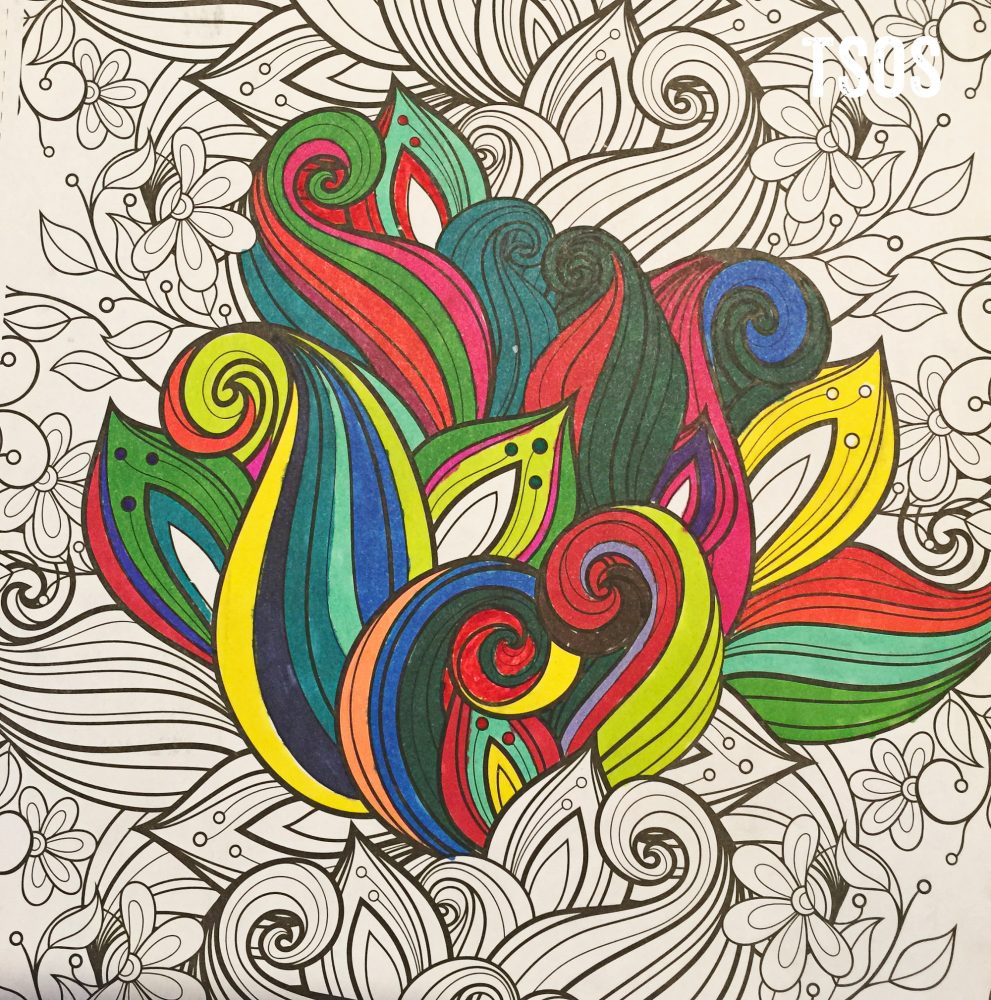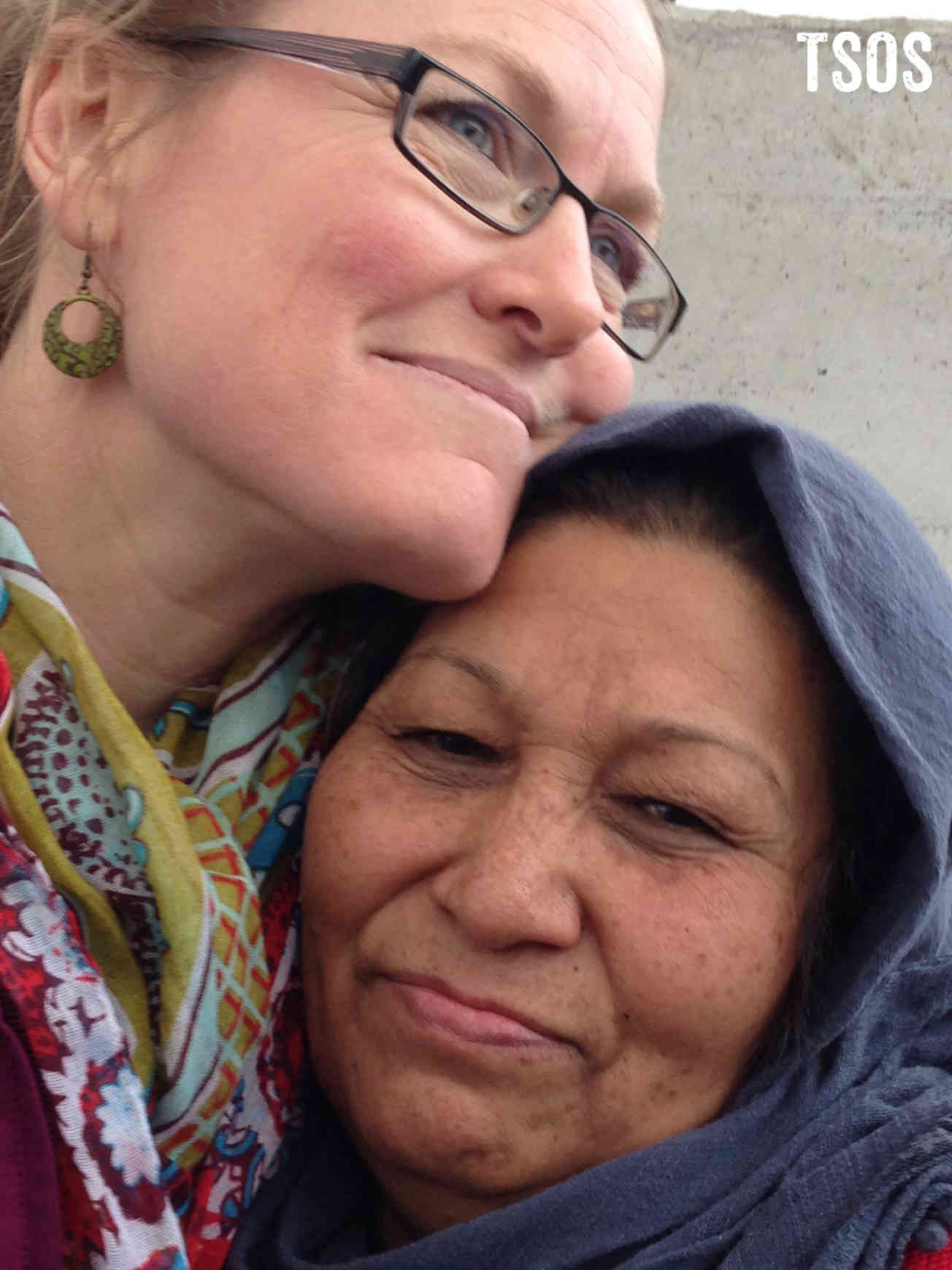Asylum
These people have all waited and worried and waited for 12 months or more for this day.


We enter the room. This is it. Grey, stained carpet, brown chairs, grey walls, and a few windows show the rain drizzling in the morning twilight outside. The beginning of 10 hours in a room with 30 people whose very lives are on the line. My husband and I are here to support two Iranian friends whom we just couldn’t send alone on this day. We feel the import of this moment for these people. Like we are all standing together on a precipice, straining to see what lies over the edge.
People from Eritrea, Syria, Iran, Afghanistan, Iraq sit with chairs lined up along all the four grey walls and try to avoid eye contact, the emotions like a heavy, pressing weight in the room. These people have all sold or lost everything, climbed mountains, crossed rivers and seas, waited and worried and waited for 12 months or more for this day.
After three hours of quiet whispers and wide-eyed, nervous glances to the open door where the person who holds their destiny in his or her hands could appear at any minute, I pull out a box of lifesavers and jolly ranchers. I have noticed these middle easterners love hard candy. The reactions are mixed as I walk around the room, standing in front of each nervous human being, look them in the eye, smile, and offer them a candy. The sound of wrappers, the sweetness in mouths sour with anxiety, seems to break the ice. People begin to carefully ask where the other is from, make comments about how badly they slept, compare experiences from the past several months.
After another hour I break out the mandalas and markers and pass them around. Most are too nervous to concentrate, but a few welcome the distraction. Sayud, an Iranian man who attends a Protestant church just down the street from ours; two men and one woman from Eritrea who are here for the third day waiting their turn (only one translator for their language) work on one together; Muhammad, a young Afghan man with huge eyes and a round face takes one with a smile; a young boy from Syria sitting with his grandmother, mother, sisters and uncle chooses a mandala, works on it for maybe five minutes then hands it to his older sister who colors intently until their name is called two hours later.

One by one, names are called and electric currents of relief and terror charge someone to their feet to follow the interpreter out of the room. The interviews are taking 3 to 4 hours each. Each time someone returns from their interview and reenters our room they are surrounded by anxious faces trying to glean their futures from the tea leaves of another’s experience.
The math just didn’t add up. Hundreds of letters sent calling asylum seekers to arise in the wee hours, walk with the help of cell phone flashlights along dark roads to catch early trains to be here at 7:30 am today. But only 10 hours and a limited number of interviewers. It couldn’t possibly add up.
By the time the guards come around at 4:30 pm and hand back the letters the room has shifted. We are no longer silent, staring strangers. Stories, food, smiles and phone numbers have been exchanged. We feel a collective punch to the gut at the guard’s request for these new friends to go back to their camps and apartments and group homes and wait for another letter defining another judgment day. Again, for the thousandth time, they are asked to wait. The emotional buildup of hours and months and years manifests itself in various ways at this news. The Iranian woman in the corner with her husband and teenage daughter who shared homemade plum fruit leather her mother had sent from Iran begins to hyperventilate and yell at the guard, mascara streaming down her face. Big-eyed Muhammad quietly thanks the guard, takes back his letter and gathers his things, coming to shake my hand. We smile at each other encouragingly before he leaves the room.
One middle aged man with glasses wanders into the room, sits in the corner staring straight ahead for a long time as the room empties. After about 20 minutes he pulls out a worn Rubik’s cube and twists and turns with a vengeance. Abruptly, he stands up, grabs his backpack and rushes out the door.
In the end I am alone in the room with the three Eritreans and my friend, Sahar. Axel arrives to pick us up and the big, dark man extends his hand to me in a strong, heartfelt handshake. I earnestly wish him and his friends luck and that was it. We leave the room.
Our team members obtain informed consent from each individual before an interview takes place. Individuals dictate where their stories may be shared and what personal information they wish to keep private. In situations where the individual is at risk and/or wishes to remain anonymous, alias names are used and other identifying information is removed from interviews immediately after they are received by TSOS. We have also committed not to use refugee images or stories for fundraising purposes without explicit permission. Our top priority is to protect and honor the wishes of our interview subjects.